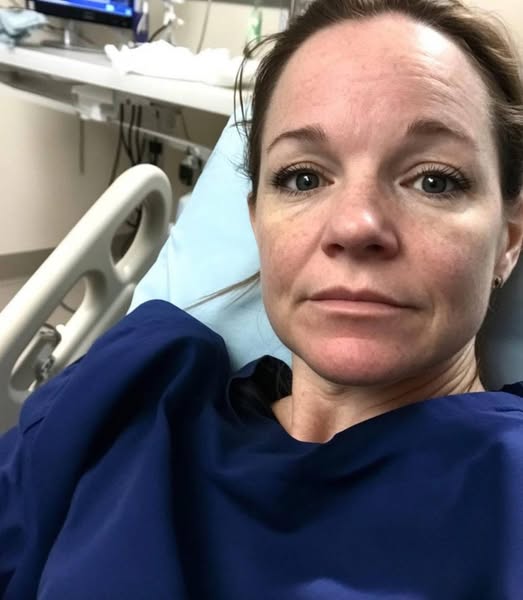When I Told My Husband I Was Sick and Might Lose My Ability to Walk, He Left Me Right Away — Little Did He Know How Much He’d Regret It Later
When Dr. Duncan called and asked me to come in, I had a feeling my life was about to change. I’d been feeling off for weeks, and deep down, I knew something wasn’t right.
At the appointment, I tried to be brave. “Just tell me, Doctor,” I said. “I need to know what I’m facing.”
He hesitated. “Emily, the tests suggest you may have Charcot-Marie-Tooth disease. It’s a neurological condition that affects the nerves controlling movement. Over time, mobility might become difficult, and assistive devices may be needed.”
I was stunned. At 29, I thought I had time—time to build a future, raise a family, live freely. Suddenly, that future looked different.
But the hardest part wasn’t hearing the news—it was imagining how I would tell my husband, Tyler.
That evening, after making his favorite dinner, I gently brought up the diagnosis. He was half-watching a game, holding a soda, clearly not expecting anything serious.
“I need to tell you something important,” I began.
He listened at first. But when I explained that my condition could affect my mobility in the future, his expression shifted.
“Are you serious?” he asked. “You’re saying I might have to take care of you?”
His words hit hard. I tried to explain what the doctor had said and the potential treatments, but he shut me down.
“This isn’t what I signed up for,” he said quietly. “I married someone active, not someone who might need constant care.”
That night, he stayed upstairs. I slept in the guest room, heartbroken and confused.
The next morning, I found a note on the counter: Need time to think.
No goodbye. No conversation. Just silence.
Days passed. I heard nothing. I tried to stay strong, but reminders of our life together filled every corner of our home. I started boxing up his things to create space—for peace, and for healing.
My sister Audrey visited and immediately knew something was wrong. When I told her what happened, she was firm.
“You don’t need to chase after him,” she said. “Anyone who walks away during your hardest moment doesn’t deserve to return.”
She reminded me I wasn’t alone—and that our family would support me no matter what.
Later that week, everything changed again.
Dr. Duncan called, sounding shaken. “Emily, I need to apologize. There was a lab error. Your results were mixed up with another patient’s. You’re healthy.”
I couldn’t believe it. Relief washed over me—but so did something else: clarity.
Tyler had left me in a moment of fear. Without confirmation. Without compassion. I realized then that while my diagnosis had been a mistake, his reaction wasn’t. That was real.
Soon after, my grandmother passed away and left an inheritance to me and Audrey. She had always encouraged us to live fully, and now I had the means—and the freedom—to do just that.
And just like that, Tyler came back.
He appeared at my door with a small bouquet, a hopeful smile on his face. “I panicked,” he said. “I didn’t mean to walk away. I love you.”
But I couldn’t unhear his words from that night. I couldn’t unsee him walking away without a goodbye.
“I think you love the comfort of our old life,” I told him. “But that life is gone. And I’m not the same woman anymore.”
I wished him well and closed the door.
In the months that followed, I began to rebuild. I traveled. I pursued creative passions. I met people who made me laugh again. I focused on what brought me joy.
What happened didn’t break me—it helped me find my strength.
Sometimes the worst moments reveal the truth we needed all along. And with that truth, we can build a better life—on our own terms.


